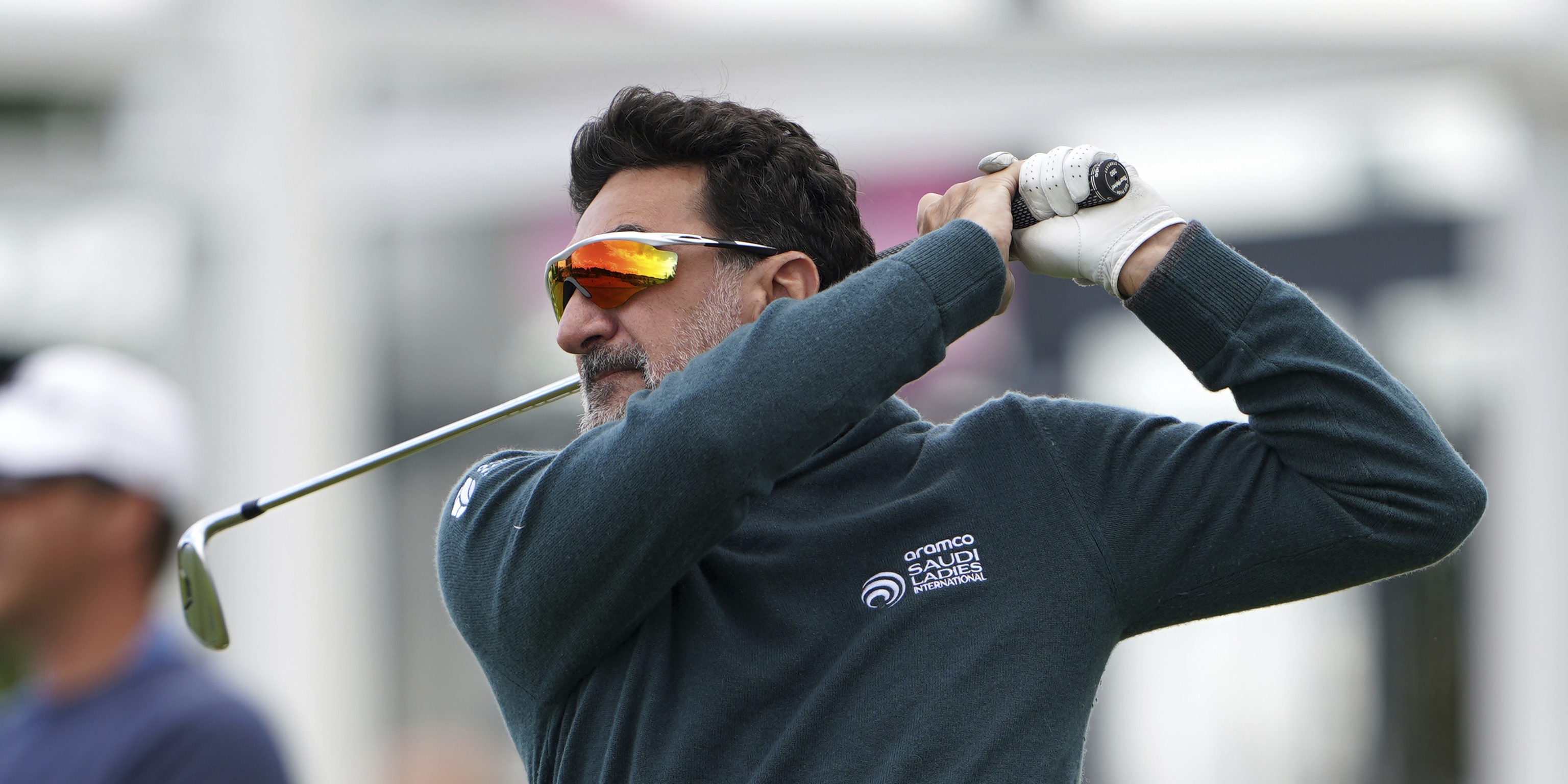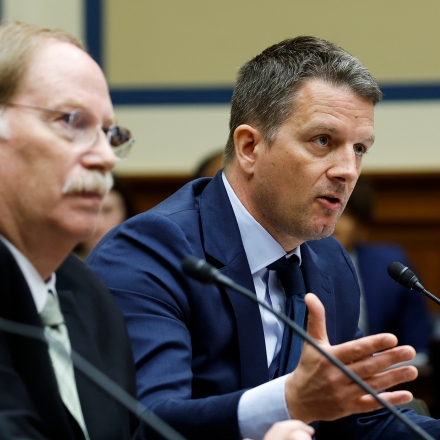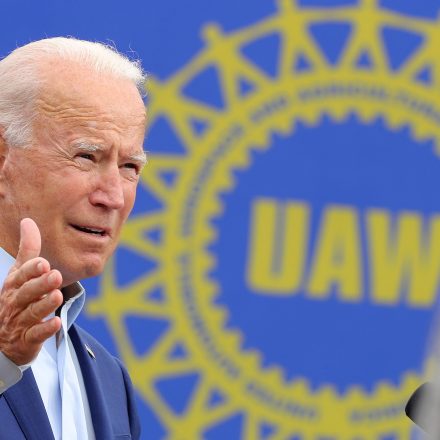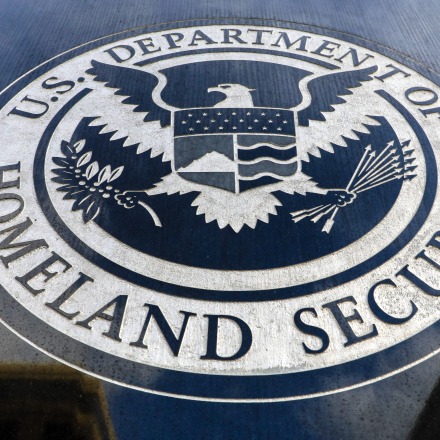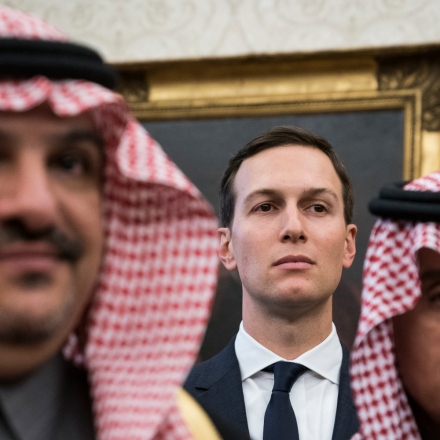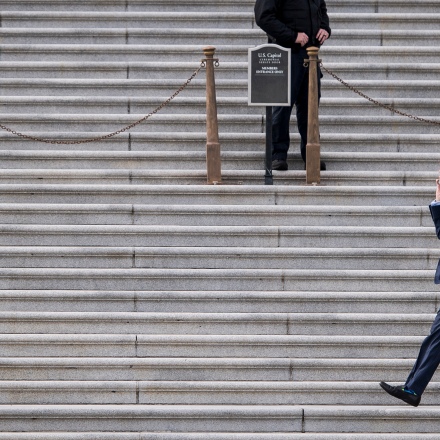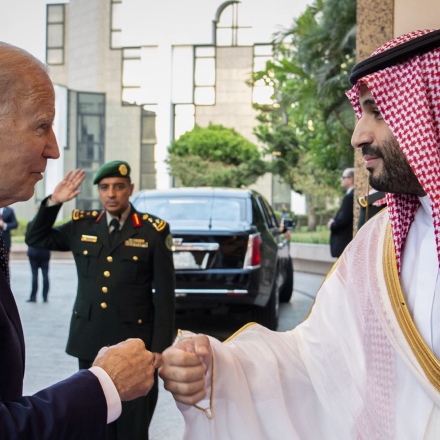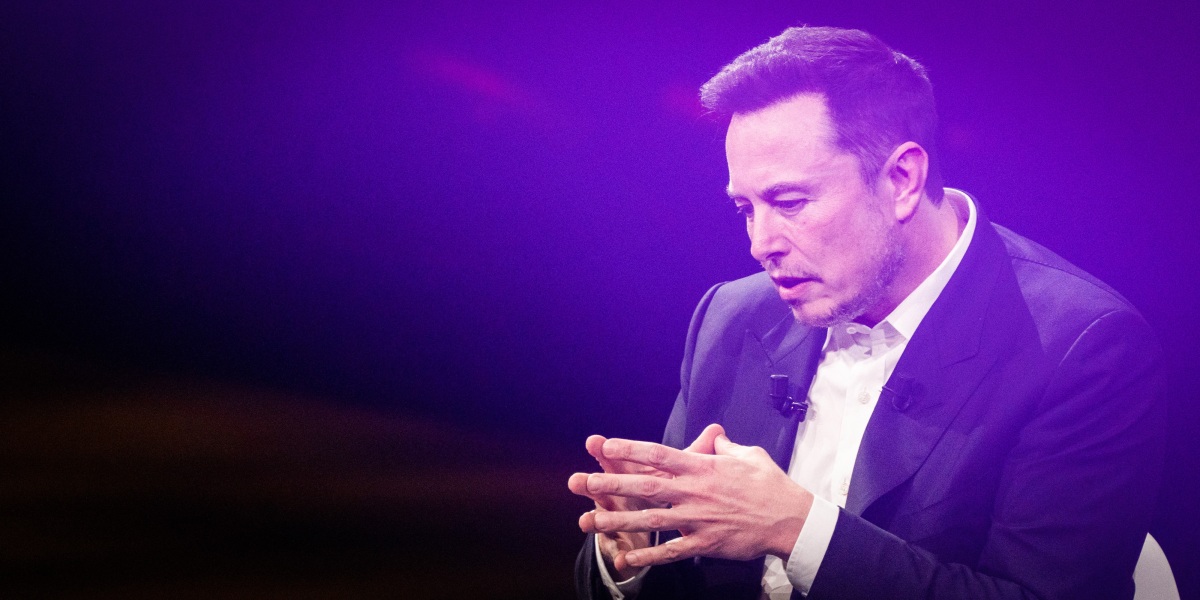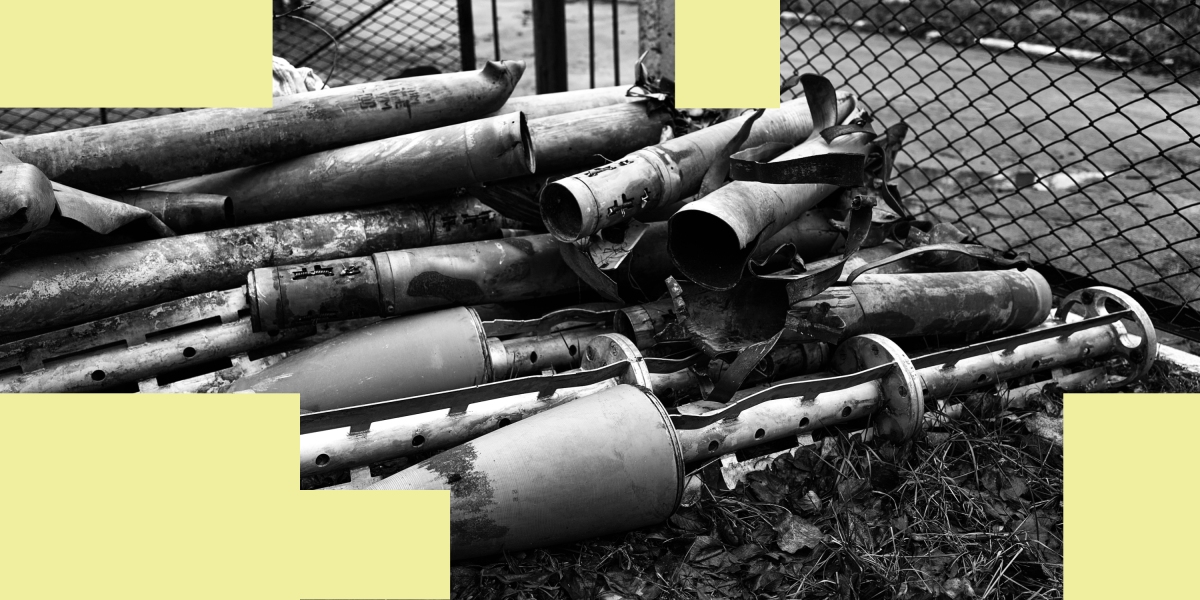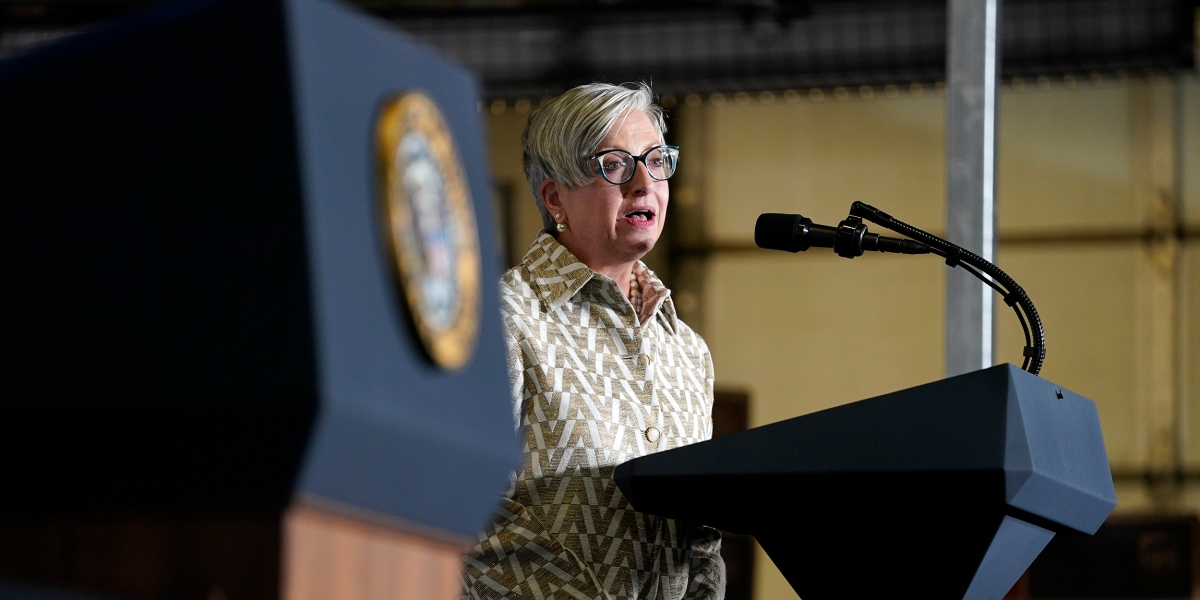Congress’s investigation into Saudi Arabia’s acquisition of the PGA Tour golf league hints at the extent of Saudi government penetration into the U.S. economy, extending far beyond simply golf.
On Monday, the Senate’s Permanent Subcommittee on Investigations released a 276-page report detailing the PGA’s merger with LIV Golf, the entity bankrolled by the Public Investment Fund, Saudi Arabia’s sovereign wealth fund. The merger has been widely criticized as an attempt to “sportswash” Saudi Arabia’s sordid human rights record.
The report, however, also listed the Public Investment Fund’s other public equities, including considerable stakes in many of the U.S.’s largest corporations.
“What company will dare to cut ties with Saudi the next time its sociopathic leader goes on a wild killing spree?”
Experts interviewed by The Intercept warned that this growing Saudi role in the U.S. economy constitutes a new avenue for foreign influence in U.S. affairs.
“U.S. officials are deliberately keeping their heads in the sand about the national security implications of such massively expanded Saudi investments in every sector of our country’s economic, social, and cultural assets,” Sarah Leah Whitson, executive director of the nonprofit human rights group Democracy for the Arab World Now, told The Intercept. “What company will dare to cut ties with Saudi the next time its sociopathic leader goes on a wild killing spree?”
Saudi Arabia’s Public Investment Fund boasts $700 billion in assets, making it the sixth largest sovereign wealth fund on the planet, according to the Sovereign Wealth Fund Institute. The Public Investment Fund dramatically expanded its staff — from 50 in 2015 to almost 500 in 2018 — shortly after Mohammed bin Salman became crown prince, consolidating his role as Saudi Arabia’s de facto ruler.
“I think he does have quite a bit of involvement,” Atlantic Council senior fellow Ellen Wald told The Intercept of the crown prince’s role in the sovereign wealth fund.
Wald pointed to the relationship between Yasir Al-Rumayyan, a Saudi businessman who serves as governor of the Public Investment Fund, and the crown prince, who is commonly known by his initials MBS. “Yasir Rumayyan used to be MBS’s personal banker,” she said.
Al-Rumayyan was directly involved in a 2017 purge orchestrated by MBS to consolidate his grip on power. In the purge, some 20 Saudi companies were seized and transferred to the sovereign wealth fund.
One of the firms was a charter jet company used in the murder of Washington Post columnist Jamal Khashoggi, which U.S. intelligence concluded was ordered by MBS himself.
Al-Rumayyan sits on the board of directors of Uber, in which the Senate report notes that the Saudi fund has invested $2.3 billion.
Other Public Investment Fund investments include shares of Meta, Facebook’s parent company, as well as gaming companies like Activision and Electronic Arts.
MBS, reportedly an avid gamer himself, has overseen an unprecedented investment in gaming. Last year, Saudi Arabia invested $38 billion in gaming through its Public Investment Fund-backed conglomerate, the Savvy Games Group. Savvy CEO Brian Ward has said that the group enjoys the largest startup capital ever provided by the Saudi fund.
Technology firms are particularly well represented in the fund’s list of investments, with billions of dollars invested in Microsoft, Google’s parent company Alphabet, Amazon, Adobe, PayPal, and Pinterest.
Despite its vast holdings, the Public Investment Fund reported an $11 billion loss last year. “Berkshire Hathaway they are not,” Wald cracked.
For experts on Saudi’s influence campaigns, the losses raised questions about whether profit is the fund’s primary motive.
“I think it’s a good argument that their goal is influence and control as much if not more than profit,” Whitson said. “They have endless cash to burn — they don’t need money, they need influence and power.”
The Saudi fund invested $2 billion in a U.S investment fund run by former President Donald Trump’s son-in-law Jared Kushner; the cash infusion came just six months after Trump left the White House, where Kushner was both a top aide and conduit for MBS’s interests. Saudi bureaucrats objected to the investment in Kushner’s firm, citing the “inexperience” of the fund’s management as well as “risk,” but they were overruled.
The New York Times reported at the time that the investment “creates the appearance of potential payback for Mr. Kushner’s actions in the White House — or of a bid for future favor if Mr. Trump seeks and wins another presidential term in 2024.”
Similar concerns have been raised about LIV Golf, which has hosted golf events at Trump golf clubs. Earlier this week, LIV announced that it was relocating its championship from Saudi Arabia to Trump’s Doral golf course in Miami.
